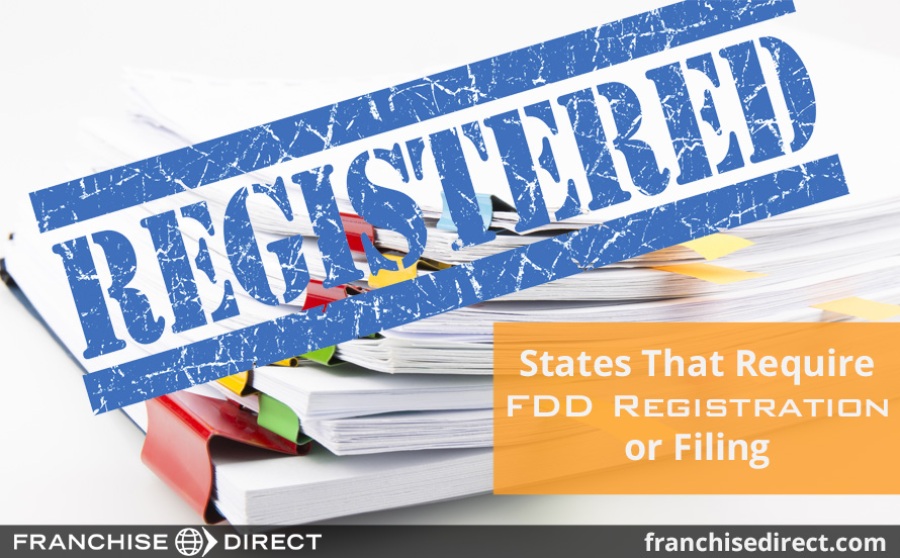🕒 Estimated Reading Time: ~2 minutes

All franchises in the United States are governed by the Federal Trade Commission (FTC) under a set of franchise-specific regulations. These regulations most notably include the Federal Franchise Rule, which was enacted in 1979.
The Federal Franchise Rule requires franchisors to give prospective franchisees “the material information they need in order to weigh the risks and benefits of such an investment.” The Franchise Disclosure Document (FDD) is a product of this rule.
The FDD is a comprehensive document that outlines the history of the business, fees, rules and restrictions, all the franchisees in a system, turnover rates, renewal terms and other aspects of a particular franchise.
A FDD is typically hundreds of pages long encompassing 23 Items with additional Exhibits following the Items. Common exhibits include: audited financial statements from the franchisors, the franchise agreement and personal guaranty to be signed, the operations manual table of contents, and more.
It is strongly recommended that prospective franchisees review the FDD with a franchise lawyer. Though a franchise lawyer will review the entire FDD with you, it’s a good idea to personally analyze the FDD in advance to make a list of questions or concerns you want clarification on.
However, while the FTC requires the FDD to be provided 14 days before an agreement is signed, the Federal Franchise Rule leaves compliance largely to the franchisors as no federal registration of the FDD is required. But, as an act of consumer protection, several states have taken steps to protect prospective franchisees within their borders by enacting state-specific regulations.
The following states require a franchise’s FDD to be registered with a state government agency before operating there:
- California
- Hawaii
- Illinois
- Indiana
- Maryland
- Michigan
- Minnesota
- New York
- North Dakota
- Rhode Island
- Virginia
- Washington
- Wisconsin
Typically, the states listed above have the strictest franchise regulations. According to Charles Internicola, a national business and franchise lawyer, these states treat the FDD much “like a stock or security.” To operate in these states, the FDD must be registered with the appropriate regulation body similar to how a stock must be registered with the Securities and Exchange Commission before public offering.
Beyond the franchise registration states, there are also a number of states that require a franchisor to file its FDD with the state before operation.
Franchise filing is a step below FDD registration. In states with a filing vs. registration status, there is usually some kind of specific law governing how business opportunities are offered and sold within the state, but not franchise-specific rules. These states are:
- Connecticut
- Florida
- Kentucky
- Maine
- Nebraska
- North Carolina
- South Carolina
- South Dakota
- Texas
- Utah
In addition to the states listed above, Oregon has supplemental franchise laws but it doesn’t require FDD registration or filing.














